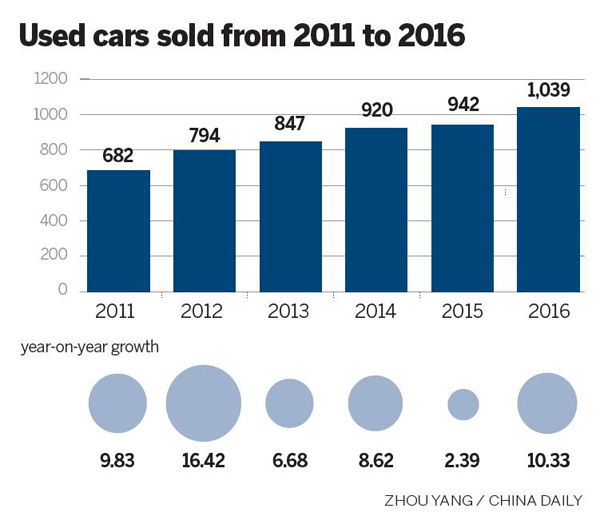Discover the Best Loan Types for Cars: Your Ultimate Guide to Financing
Guide or Summary:Understanding Loan Types for CarsPros and Cons of Different Loan Types for CarsTips for Securing the Best Loan Types for CarsWhen it comes……
Guide or Summary:
- Understanding Loan Types for Cars
- Pros and Cons of Different Loan Types for Cars
- Tips for Securing the Best Loan Types for Cars
When it comes to purchasing a vehicle, understanding the various loan types for cars is essential for making an informed decision. Whether you're a first-time buyer or looking to upgrade your current ride, knowing your financing options can save you money and help you choose the right car for your needs. In this comprehensive guide, we will explore the different loan types for cars, their pros and cons, and tips on how to secure the best rates.
Understanding Loan Types for Cars
There are several loan types for cars available in the market, each catering to different financial situations and preferences. The most common types include:
1. **Traditional Auto Loans**: These are typically offered by banks, credit unions, and online lenders. Borrowers can choose between new and used car loans, with terms ranging from 36 to 72 months. Interest rates can vary based on credit scores, loan amounts, and market conditions.
2. **Dealer Financing**: Many car dealerships offer financing options directly to consumers. While this can be convenient, it’s important to compare the terms with other lenders, as dealer financing may come with higher interest rates. However, some dealerships offer promotional rates or incentives that can make this option appealing.
3. **Leasing**: While not a traditional loan, leasing is a popular option for those who prefer driving a new car every few years. With a lease, you essentially rent the vehicle for a set period, usually 2-3 years, and make monthly payments. At the end of the lease, you can either return the car or purchase it for a predetermined price.
4. **Personal Loans**: If you prefer not to go through a traditional auto loan, a personal loan might be an option. These loans can be used for any purpose, including purchasing a vehicle. However, personal loans often come with higher interest rates compared to auto loans, so it’s crucial to evaluate your options carefully.
Pros and Cons of Different Loan Types for Cars
Understanding the advantages and disadvantages of each loan type for cars can help you make a more informed decision:

- **Traditional Auto Loans**:
- *Pros*: Lower interest rates compared to personal loans, flexible terms, and the ability to build equity in the vehicle.
- *Cons*: Requires a good credit score to secure the best rates, and the vehicle may depreciate faster than the loan balance.
- **Dealer Financing**:
- *Pros*: Convenience of one-stop shopping, potential for promotional offers, and the ability to negotiate terms.
- *Cons*: Often higher interest rates and limited options compared to traditional lenders.

- **Leasing**:
- *Pros*: Lower monthly payments, the ability to drive a new car every few years, and warranty coverage during the lease term.
- *Cons*: No ownership at the end of the lease, mileage restrictions, and potential fees for excessive wear and tear.
- **Personal Loans**:
- *Pros*: Flexibility in use, no collateral needed for the loan, and the ability to shop around for the best rates.
- *Cons*: Higher interest rates, shorter loan terms, and potential impact on credit scores if not managed well.

Tips for Securing the Best Loan Types for Cars
1. **Shop Around**: Always compare rates from multiple lenders to find the best deal. Online comparison tools can help streamline this process.
2. **Check Your Credit Score**: Knowing your credit score can give you an idea of what interest rates you might qualify for. If your score is low, consider improving it before applying for a loan.
3. **Consider Your Budget**: Determine how much you can afford to pay monthly and stick to that budget. Don’t forget to account for insurance, maintenance, and other costs associated with car ownership.
4. **Negotiate**: Whether you’re dealing with a bank or a dealership, don’t hesitate to negotiate the terms of your loan. Many lenders are willing to work with you to secure a better deal.
In conclusion, understanding the various loan types for cars is crucial for making a smart financial decision when purchasing a vehicle. By weighing the pros and cons of each option and following the tips outlined in this guide, you can find the perfect financing solution to fit your needs and budget. Happy car shopping!